Tips for How to Improve Male Fertility
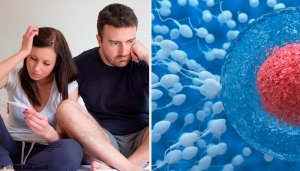
Fertility is the capacity to have children. The male reproductive system is made up of the testicles, which are responsible for producing semen and secreting male sex hormones.
When the sperm are ready, they travel through the epididymis (a long tube) for 12 days until they reach the testicles. During that time, they mature and acquire mobility. However, only 10% of the ejaculation contains sperm. The remaining 90% is made up of seminal vesicle fluids and prostate secretions.
As a result, the quality of the sperm is very important for fertilization. Sperm quality doesn’t actually have anything to do with age, but rather, more to do with everyday habits.
Causes of infertility
- Hormonal disorders: these types of disorders occur when there’s a decrease in gonadotropins, which are the hormones that are secreted by the pituitary gland.
- Chromosomal abdnormalities: patients with chromosomal abnormalities have small testicles, enlarged breasts, low testosterone among other characteristics.
- Cryptorchidism: at birth, the testicles don’t fully descend to scrotum, which is the area beneath the penis.
- Vascular disorders: high temperatures resulting from venous reflux disease alters semen quality.
- Infections: testicular inflammation.
Also see: 10 Foods for Increasing Fertility
How to improve semen quality
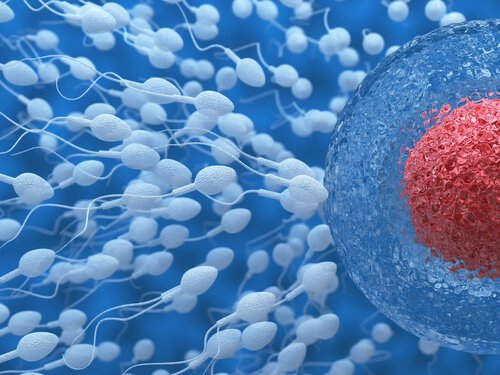
Doctors diagnose male infertility cases and according to the characteristics of each case, doctors recommend hormonal stimuli and antioxidants that improve sperm quality and mobility.
However, there are also natural antioxidants available. These natural options make up a diet rich in vegetables, fruit and fish.
Words of advice for boosting fertility
- Exercising frequently as obesity is a risk factor when it comes to sperm production.
- Diet is key for obtaining antioxidants, which are mainly present in fruits and vegetables. The daily recommend amount is five servings.
- The lack of calcium doesn’t only lead to diseases such as osteoporosis or diabetes, but it also decreases fertility.
- Low zinc levels reduce testosterone production. You should eat meat, fish, seafood and eggs.
- In the case of folic acid, it’s responsible for improving semen quality. You can find it in legumes, whole grains and green vegetables.
- Avoid bathing with hot water or keeping hot objects near your genital area as high temperatures kill sperm.
- Drinking alcoholic beverages and smoking shortens lifespan or sperm.
- Avoid stressful situations because everyday pressure can reduce testosterone levels.
- Engage in intercourse frequently.
The following list explains the foods that are especially recommendable for boosting fertility.
Macadamia nuts
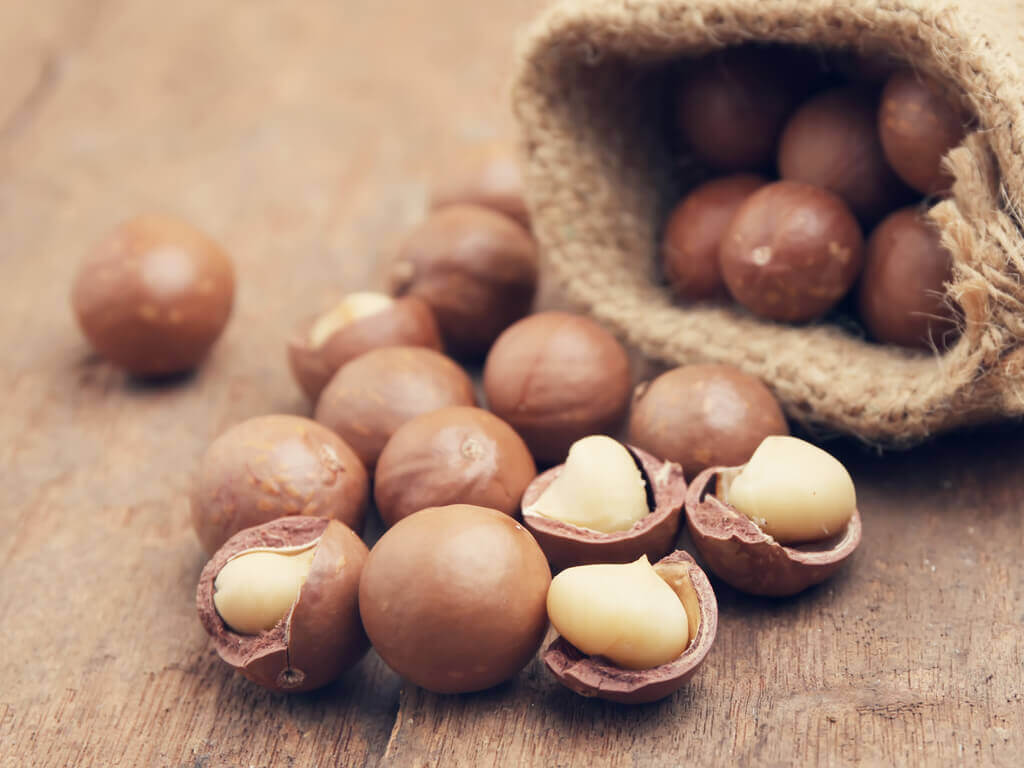
Among all other kinds of nuts, macadamia are the most recommendable because of their high antioxidant content. These nuts are 15 times as powerful than vitamin E. They also provide the body with omega 3 and alpha-linolenic acid.
So, you should aim to eat 75 grams of macadamia nuts every day in order to acquire the necessary nutrients and improve sperm quality.
Oily fish
In the oily fish category, we can find fish such as tuna, salmon and sardines. They’re rich in fatty acids, omega 3 and 6. In addition, oily fish also boast fat-soluble vitamins that are responsible for strengthening the immune system and regulating hormones. The vitamin E also present acts as an antioxidant.
Artichokes
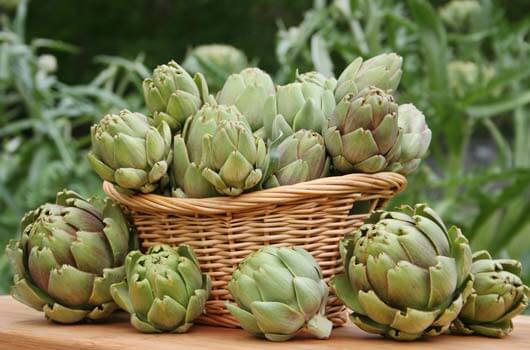
Artichokes have antioxidants such as vitamin B, C and K. They’re also rich in substances such as silibinin, caffeic acid and ferulic acid that protect the body from free radicals. These properties have anti-inflammatory, anti-allergenic and antiviral benefits.
Patients should make sure to keep a diet that’s high in fiber and low in fats and sugars.
We recommend that you read: Artichokes: the best natural remedy
Peanuts
Peanuts contain a high protein and monounsaturated fat content that lower cholesterol. These nuts also have just as much antioxidants as strawberries do.
Peanuts provide half of the 12 vitamins that the body needs such as vitamin E, B2, and B3 among others. The recommended daily amount of peanuts is 50 grams.
Vitamins A, C, D and E
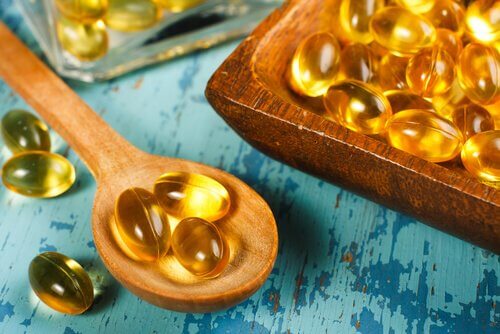
- Vitamin A: regulates sexual hormones. You can find it in: carrots, pumpkins, melons, mangoes, beef liver.
- Vitamin C: improves sperm mobility. Eat: bell peppers, broccoli, cauliflower, pineapple.
- Vitamin D: boosts sexual capacity. Try to include into your diet: eggs, cheese, cod.
- Vitamin E: optimizes the functions of the reproductive organs. We recommend that you eat more: avocados, spinach, whole grains.
So then, where are you going to start off?
All cited sources were thoroughly reviewed by our team to ensure their quality, reliability, currency, and validity. The bibliography of this article was considered reliable and of academic or scientific accuracy.
- Ashok Agarwal. Role of antioxidants in treatment of male infertility: an overview of the literature. (2004).
https://www.rbmojournal.com/article/S1472-6483(10)61641-0/pdf
- Sudha Bhagwati. Food, Nutrition, and Male Fertility. (2017).
researchgate.net/publication/314281853_Food_Nutrition_and_Male_Fertility
- Taymour Mostafa. Cigarette smoking and male infertility. (2010).
researchgate.net/publication/257736690_Cigarette_smoking_and_male_infertility
- European Society of Human Reproduction and Embryology. A diet rich in nuts improves sperm count and motility. (2018).
This text is provided for informational purposes only and does not replace consultation with a professional. If in doubt, consult your specialist.








